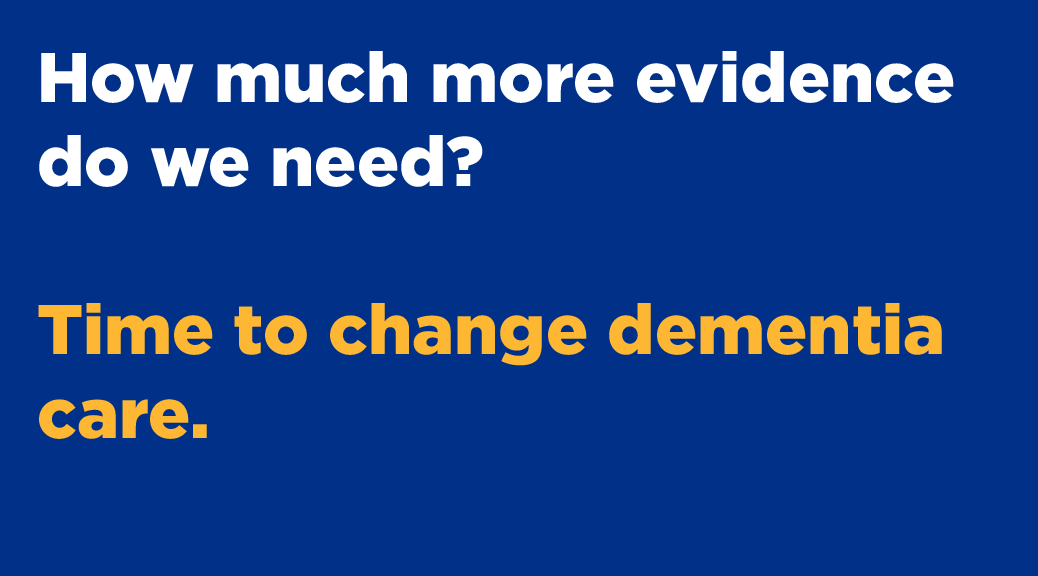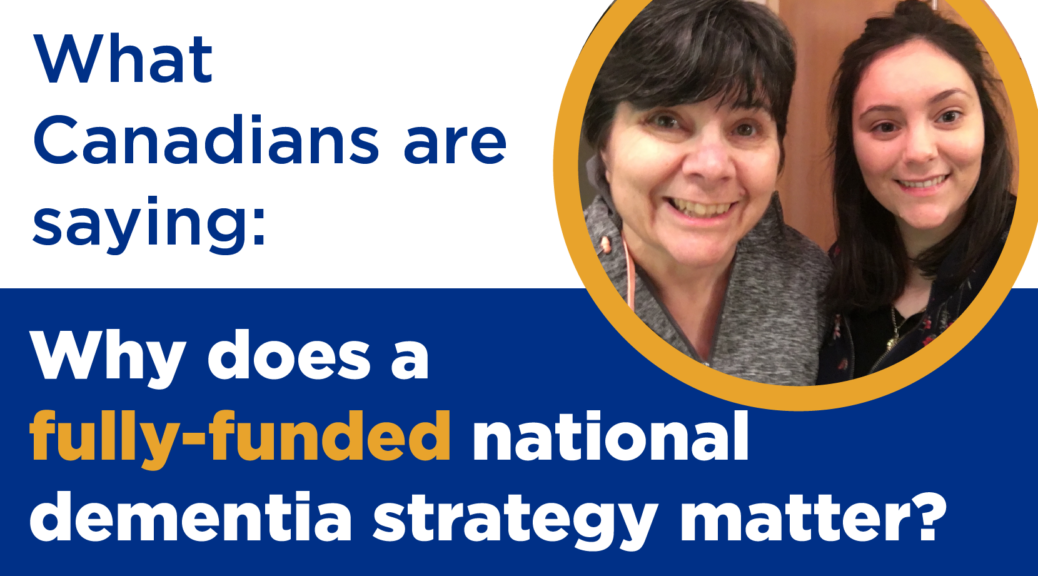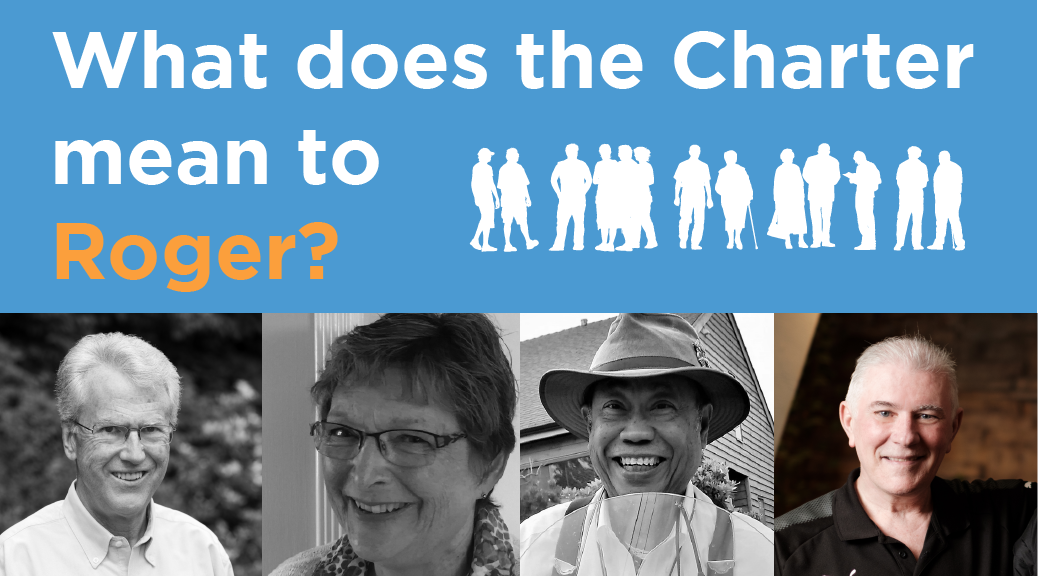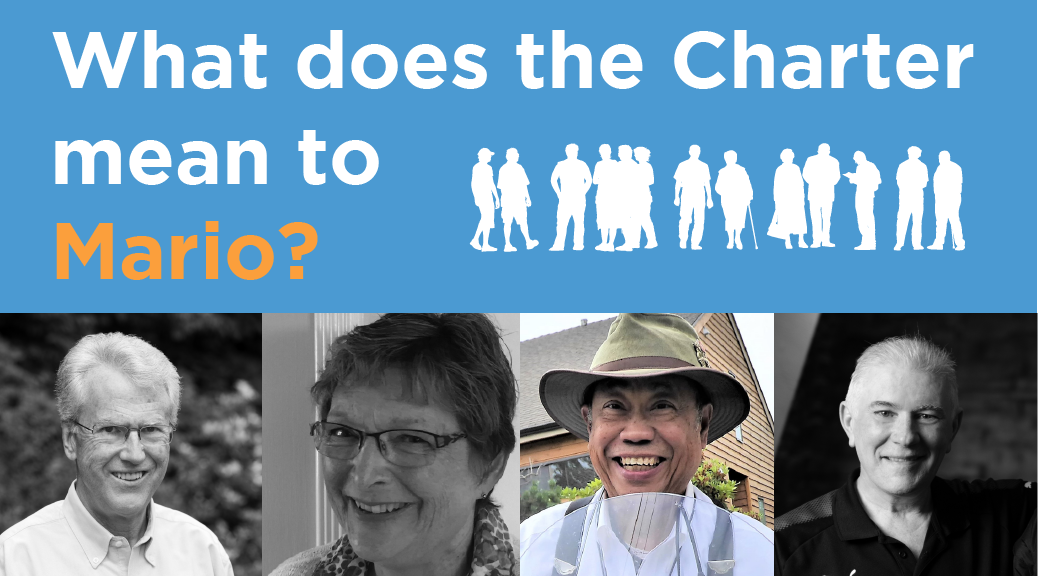How much more evidence do we need? Time to change dementia care.
The Canadian Armed Forces report on long-term care homes struck with COVID-19 came as a shock to many Canadians. The conditions found by soldiers who volunteered to help care for residents are beyond disturbing. We are indebted to the soldiers who put their own lives at risk to care for our seniors, and to the military officials who made their frank and unvarnished report public. We also owe a debt to the staff who have been showing up for work,…









